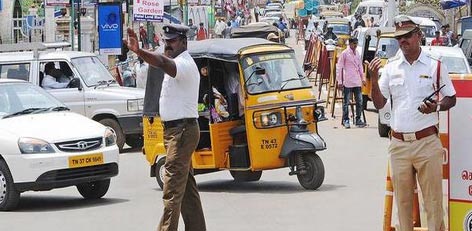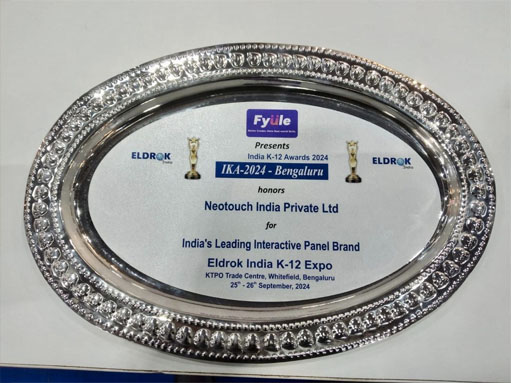How NRIs Can Buy a Residential Plot in Chennai
Posted on: 06/Jul/2024 4:13:48 PM

Purchasing a residential plot in Chennai as a Non-Resident Indian (NRI) is relatively straightforward and follows similar procedures as for resident Indians. However, if you`re not physically present for the deed registration, acquiring a power of attorney is essential. Here`s a six-step guide to help you through the process, illustrated with a real-life example.
1. Document Verification
Before proceeding with the purchase, verifying the property`s documents is crucial to avoid fraud and forgery. Here are the steps involved:
- Collect Documents:
Obtain scanned copies of the partition deed, parent deed, family tree certificate, property tax receipt, Khata, Aadhaar, and PAN from the seller.
- Check Encumbrance Certificate (EC):
Extract the latest EC to review the transaction history, ensuring no registered mortgage exists. This can be done online through the Kaveri services.
- Verify Partition and Parent Deeds:
Obtain certified copies (CC) of these deeds to check their originality.
- Tax Receipt:
Download the latest property tax receipt from the respective municipal corporation’s website.
- Family Tree Verification:
Cross-check family members` details against the partition deed.
After initial checks, forward the documents to an advocate for a detailed verification report. Doing your preliminary verification helps avoid potential issues and gives you confidence in the transaction.
2. Power of Attorney (POA)
If you or your co-purchaser cannot be present in Chennai for the registration, you will need to execute a General Power of Attorney (GPA). Here’s how:
- Draft the GPA: Create a draft in a Word document.
- Notarizationon: Print and sign the GPA in the presence of a notary in your country.
- Witnesses: Have two witnesses sign the GPA.
- Courier Documents: Send the original notarized GPA and self-attested ID proofs to Chennai.
- Adjudication: Submit the GPA for stamp duty adjudication at the district registrar`s office.
3. Agreement of Sale
This document outlines the terms and conditions of the property sale. While an Agreement of Sale can be registered or unregistered, skipping it is also an option if both parties agree. For a registered agreement:
- Draft the Agreement: Download a template and customize it.
- Annexures: Merge PAN details of both parties into one PDF.
- Submit Online: Apply through Kaveri Online Services and pay the required stamp duty and registration fee.
- Register: Visit the sub-registrar`s office to finalize the registration.
4. Home Loan
If financing is needed, NRIs can apply for a home loan from Indian banks such as SBI, HDFC, or ICICI. The process includes:
- Submit Application Online:
Provide necessary documents like PAN, OCI, income proof, and property documents.
- Verification and Sanction:
The bank will verify the property and sanction the loan within about 15 working days.
5. TDS (Tax Deducted at Source)
For property purchases over ₹50 lakhs, TDS is applicable:
- TDS Rate: 1% for Indian sellers; for NRI sellers, rates vary based on the amount.
- Payment: Deduct TDS at the time of payment and deposit it through the e-Filing website of the Income Tax Department.
- Documentation: Ensure to have the seller’s PAN number and complete the TDS payment, obtaining the TDS challan.
6. Sale Deed
The Sale Deed is the final document that transfers property ownership:
- Submit Application: Use Kaveri Online Services for the application.
- Verification and Payment: Once verified, pay the stamp duty and registration fee.
- Registration Appointment: Book and attend the appointment at the sub-registrar office for registration.
- Complete Transaction: Finalize the payment to the seller and obtain the original property documents.
By following these six steps, NRIs can smoothly navigate the process of buying a residential plot in Chennai, ensuring a secure and legitimate transaction.







